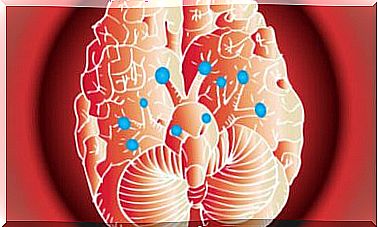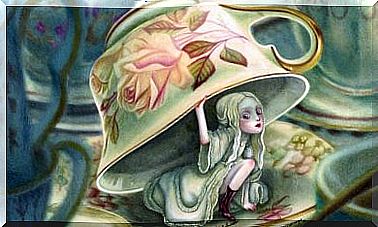The Development Of Working Life

During our working lives we meet friends and enemies, we acquire a sense of competence, we fulfill a series of objectives, we learn from our mistakes and we achieve our aspirations. Our profession is an important part of our identity and our social context. Having a job provides a way of life and of course, remuneration to support yourself, but a professional career is much more than that.
Work life will be very different depending on the life stage in which we find ourselves, since depending on it our vision of work will be one way or another. In this article we are going to explore the conclusions derived from studies and research on the development of working life.
Thus, we can say that there are 3 major phases or important moments related to our working life : the search for work, its achievement and possession and subsequent retirement. Let’s go deeper.
Looking for a job
One of the main goals of the young adult is to find a job that allows him to be productive and have sufficient resources to achieve autonomy. This last objective is considered one of the reasons why young people choose those positions that are better paid. On the other hand, older adults, who already have their autonomy assured, will have job satisfaction as their main goal.

It must be borne in mind that there are a multitude of factors that influence the way and the efficiency of the job search. One of the most important is the family of origin of the young job seeker. For example, she can influence directly by using her social support network to get her son hired or by urging him to maintain a specific role or work status.
However, the family can also indirectly influence the search for work, such as facilitating the possibility of accessing adequate training or promoting certain attitudes or behaviors.
On the other hand, a central aspect in the job search is social status. Research shows us that families often pass on their social status to their children and influence their working life. In this way, working families, who at work must show obedience to authority, tend to see their children’s obedience as a positive attitude. This can carry the danger of stagnation in social or economic life if taken to the extreme.
Life with a job
Once the job is achieved, the objectives or goals of the individuals are to keep it or to obtain a higher quality position. It is important to bear in mind that current working life is much more dynamic than in past times, for this reason today’s young people are more motivated to change jobs.
There are two central aspects when assessing the work will determine maintenance: the remuneration and job quality. The salary represents the extrinsic motivation of the work. Although it is of great importance at the beginning, it will be placed in second place as your working life progresses.
On the other hand, the quality of work would be the intrinsic motivational factor, which will determine the degree of satisfaction. After all, the ultimate goal of employment is to achieve productivity and quality of life aspirations, and this is often more related to quality of work than to pay.
Retirement: the end of working life
All stages come to an end, and retirement represents the end of working life. But it must be borne in mind that retirement does not have to mean an abrupt cut with the reality of work, but rather a transition. It is a stage that each person will live in a certain way according to their work development and their aspirations.

Thus, we can say that there are 3 different ways of assuming a retirement :
- Honeymoon : it is the case of those individuals who begin to carry out the activities they wanted to do, but their work life did not allow them. They have time to travel, go back to study, discover hobbies, etc. They are usually people who take up retirement voluntarily and happily, and have sufficient financial resources to enjoy this “honeymoon.”
- Rest and relaxation : In this case, the adult assumes retirement to rest from the obligations that he has had to bear during his active life.
- Continuity : These are those adults who continue to carry out activities related to their working life after retirement. Here we find those individuals who were satisfied with their work and wish to continue with it, but discarding the old work obligations.
As we can see, retirement means the end of working life, but not the end of life. Despite the fact that for many people it represents a crisis due to the loss of productivity and activity, it is a vital stage with new challenges, behaviors and objectives.









